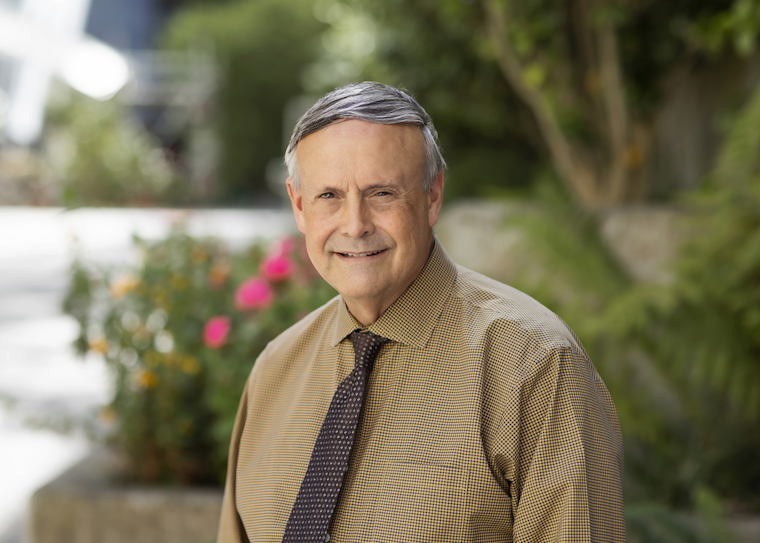This interview is one in a series of interviews with recipients of the 2024 ACGME Awards. The awardees join an outstanding group of previous honorees whose work and contributions to graduate medical education (GME) represent the best in the field. They will be honored at the ACGME Annual Educational Conference, taking place March 7-9, 2024, in Orlando, Florida.
2024 Parker J. Palmer Courage to Teach Awardee Dr. John Engstrom is the Betty Anker Fife Distinguished Professor of Medicine, Vice Chair for Clinical Affairs, and program director of the adult neurology residency at the University of California, San Francisco (UCSF).
ACGME: How did you become involved in medicine, and in academic medicine specifically?
Dr. Engstrom: I started college wanting to be a wildlife and fisheries biologist/scientist. The science was not enough. I volunteered in an alcohol rehab center during the summer after my sophomore year and was hooked by the clear connection between humanity and science.
ACGME: What does this award mean to you?
Engstrom: It is humbling and an honor to be recognized by my peers for my efforts to build and evolve the adult neurology residency program at UCSF, and to better the professional lives of GME educators across the country.
ACGME: What do you feel is the most important job the program director has?
Engstrom: Facilitate all residents in becoming the best clinical neurologist they can be, sponsor them to take the next successful step in their career journey, and honor both the personal and professional commitment and hard work of each resident to become a complete physician.
ACGME: What is the most rewarding part of your job?
Engstrom: 1) Ensuring the program facilitates the journey of each beginning resident from a position of hopeful uncertainty to a position of confidence and competence by the end of the residency. 2) Witnessing the evolution of former residents into neurology leaders, broadly defined, at other academic institutions and our society.
ACGME: What is the most challenging?
Engstrom: The perverse institutional incentives to maximize patient volumes for financial gain at the expense of meaningful education is a structural impediment to educating and training compassionate physicians. Clinical education must include the time to process challenging and rewarding clinical experiences and to reinforce learning. The lack of space and time for this learning is contributing to professional burnout among residents, clinical faculty members, and practicing physicians.
ACGME: What advice do you have to residents or fellows who may be interested in pursuing a career in academic medicine?
Engstrom: Explore all your options. The work is hard, the days are long, but the years are short. You will never experience boredom because you are always learning something new.
ACGME: Is there anything you would like to add I haven’t asked about?
Engstrom: [Maybe] PBS should be interested in these awards! They take an interest in stories intended to show how society can be built rather than torn down.
Learn more about the ACGME’s Parker J. Palmer Courage to Teach Award and nominate a deserving program director for the 2025 Award – nominations are due by March 27, 2024. Registration is still open for the 2024 ACGME Annual Educational Conference – learn more and register today on the conference website.

